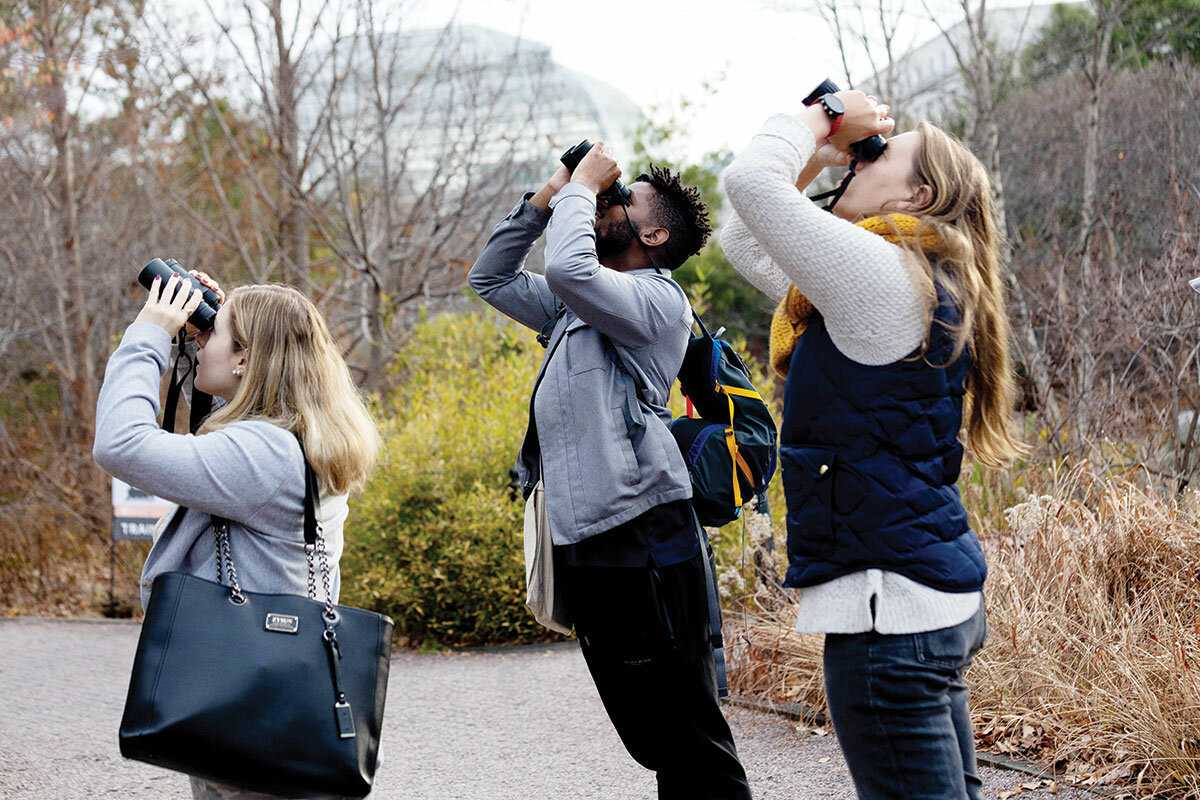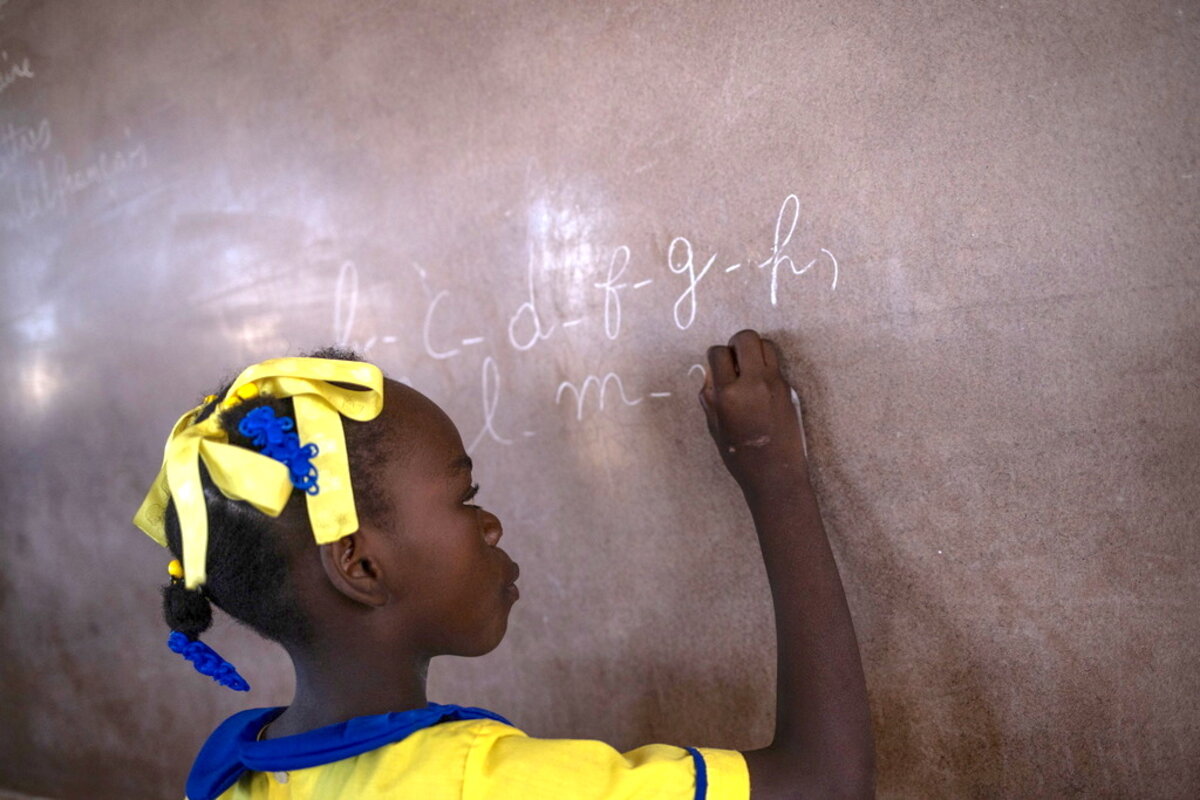Canada is trying to figure out how its capital got locked up by protests. Part of the disconnect is that most of Canada simply didn’t recognize itself in the angry convoy rolling across the country.
Monitor Daily Podcast
- Follow us:
- Apple Podcasts
- Spotify
- RSS Feed
- Download
 Mark Sappenfield
Mark Sappenfield
My enduring memory of covering the 2014 Sochi Winter Olympics was a desire to be wherever Mikaela Shiffrin was putting her skis on the snow. By that point, I had covered six Summer and Winter Games, yet even by the remarkable standard of Olympic athletes I had never met anyone with her focus. She had essentially turned herself into a skiing machine. Her level of consistency was almost inhuman.
Watching these Olympics from afar, I’ve been struck by a lesson I always knew but perhaps never fully internalized: These athletes live on the thinnest of margins. Particularly for the best athletes, to do what they do is an alchemical mix of skill, preparation, and mental fortitude. Disturb one variable, and it breaks.
Ms. Shiffrin has skied only 17 seconds at these Games – missing a gate 12 seconds into the giant slalom and an unthinkable 5 seconds into the slalom. She skis again tonight in the super-G. But consider figure skater Nathan Chen. Four years ago, his short program was apocalyptic – every bit as disappointing as Ms. Shiffrin’s start to these Olympics. Yet on Wednesday he won gold with a near flawless performance.
The knife-edge proximity of triumph and disaster has always been one of the most compelling elements of the Olympic Games. But these Olympics have shown me more clearly how intertwined they are. Ms. Shiffrin’s struggles are heartbreaking, but they can help us appreciate more deeply how extraordinary her achievements have been. And they can add a little extra sparkle to the medals we see won every night.










